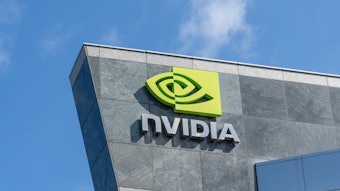According to The Wall Street Journal (TWSJ) coverage of the Citi Global Consumer Conference on May 23, 2012, Procter & Gamble plans to stop spending money on further expansion in emerging markets until it stabilizes its largest and most profitable businesses, putting on hold a key priority of CEO Bob McDonald.
The company has been aggressive with expansions into new global in order to boost the number of customers under its reach, but the limits of that strategy were evident in April, according to TWSJ, when the company reported a drop in earnings and falling market share for the first three months of the 2012.
CFO Jon Moeller—addressing Wall Street analysts and investors at the Citi Global Consumer Conference—said P&G may have been overzealous in chasing growth overseas. He laid out a strategy to prioritize spending in its coming fiscal year around its 40 largest business lines, mainly in North America and China.
"We will not spend a dollar outside these core businesses until we are broadly sufficient to win in these markets," Moeller said. "We may have overextended ourselves a bit with our pace of expansions."
Investors have expressed concern that P&G isn't doing as good a job as its rivals maintaining margins and sales growth. Those concerns boiled over in late April, when analysts openly criticized McDonald on a conference call following P&G's earnings report. "How much patience does the board have?" asked Sanford C. Bernstein analyst Ali Dibadj, reports TWSJ. Analysts made a number of such comments after P&G lowered its profit outlook and said it would roll back recent attempts to raise prices in key markets. Oral care in North America was among the company's segments/markets negatively impacted by those price increases.
P&G had focused on boosting U.S. and European sales with new products and "all but forfeited many developing markets to its competitors," undertaking only selective efforts in markets such as China and Eastern Europe. McDonald had made clear that the company could no longer cede territory to rivals (developing markets now make up about 37% of P&G's total sales, up from 20% in 2000).
P&G's sales are growing faster in emerging markets, but those sales are generally less profitable than those in developed markets due to consumers' greater price sensitivity and high level of competition. P&G still expects either high-single or low double-digit growth from its emerging markets businesses, offsetting weakness in developed markets.
On May 11, 2012, GCI reported that P&G is moving its beauty business headquarters to Singapore to be closer to the Asian market.










